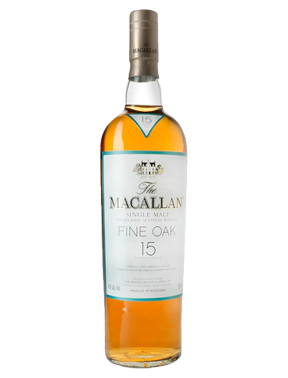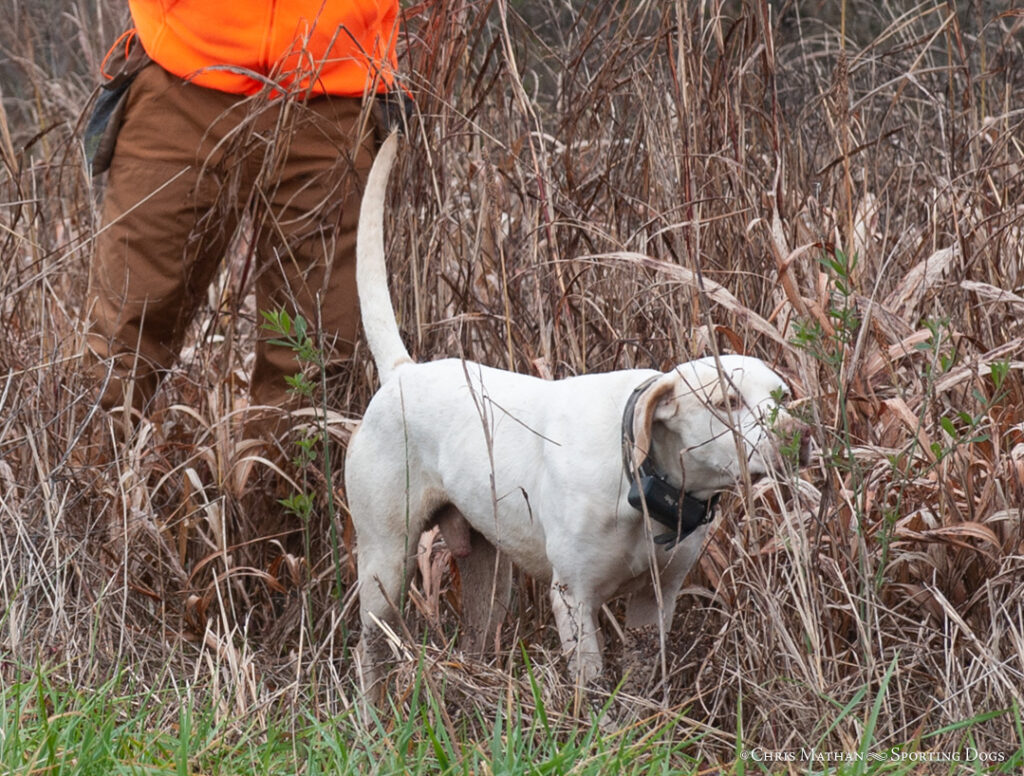Ben and Sam were gathered in Ben’s library-conference room Friday afternoon to celebrate survival of a brutal week of emergencies, Ben’s legal, Sam’s medical. Law and medicine were the last thing they wanted to talk or hear about; they were weary.
In silence, Ben poured each a dram of The Macallan. They touched their insulated plastic cups and took first sips, then eased back in their captains chairs. Sam lifted his long legs to place his heels in the seat of an adjacent chair. They savored three minutes of silence.
“I’m worried about field trials,” Ben declared.
“You have always been worried about field trials. What’s new?” Sam asked (an avid bird hunter all his life, Sam had never shared Ben’s fanatical love of trials and their strange followers from all walks of life).
“Entries way down. Drought or Covid caused cancellation of the South Dakota Championships. Handlers say patrons are losing enthusiasm. Of course, there’s always been fluctuations.”
“Why do field trials surviving matter?” Sam asked.
This was a question Ben had been answerIng for decades, often with another question, “How was the best gun dog you ever owned bred?” The answer usually came with the names of field trial winners as sire and dam or close up in both ancestral lines.
“Trial dog breeders seek world class athletes, dogs with super noses, conformation, stamina, speed, style. Bird hunters want the same, just not the range trialers train for. Both want desire to find game, trainability. Without the superior ability overall that trialers insist on, you quickly end up with mediocre dogs. It’s called the ‘drag of the breed’ and it’s inevitable. Without trial-bred dogs as replacements, a plantation’s shooting string becomes mediocre in a decade or less,” Ben always explained. The nonbelievers were mostly inexperienced as wild bird hunters or trialers.
After another three minutes of silence, Ben said, “You know, give me a day bird hunting with a man, just the two of us, his dogs and mine, one of each down together, I can give you a blue print of his character.”
“How so?” Sam asked.
“Well, here is an example. Worst are the control freaks. Want their dog always in sight within thirty-five yards, preferably on a path. Scared to death of losing control of his dog. Cannot be quiet, let the dog do its thing.
“Then there’s the game hogs. Walk with you to a point, he grabs the side he thinks will give him an advantage. Never honors the center line, will shoot a bird on your side first, then swing on his. Shoot right by your ear, or a foot over your dog or by it’s ear. Your ears ring all day, so do your dog’s. Lot of Type A business owners, orthopedic surgeons hunt that way.”
“You are right about that,” Sam said.
“Then there’s the claimers. Will claim a bird you shot in a heart beat if he thinks he’s behind or likely to be. You know what you shot, or didn’t, wouldn’t dare claim another’s bird, or shoot on his side, but a bunch will.
“Then there’s the wool gatherers. Mind constantly somewhere else. Bird gets up wild likely to shoot you or your dog, guide, mule, horse. Swing the muzzle of his shotgun across you. Forgets to unload after an unproductive. Dangerous.
“Then there’s the ones won’t stop talkIng about Ole Pete, his wonder dog dead two decades. Finds fault with your dog’s every cast. His won’t back, are hard-mouthed, always behind, lost, want to fight, but to him perfect.”
Sam was weary of Ben’s lament.
“Where we going trout fishing come June?” Sam said, and reached for The Macallan, poured Ben, then himself, a dividend.


Can I copy this to our newsletter?
From South Africa. Tvl HPR Field Trial Club.
Slang Viljoen : Chairman
I need to get permission. Why not just link to the post on Tom’s website? Happy New Year!
The problem today is dogs are being run for the handler’s sake, not the dog’s sake.